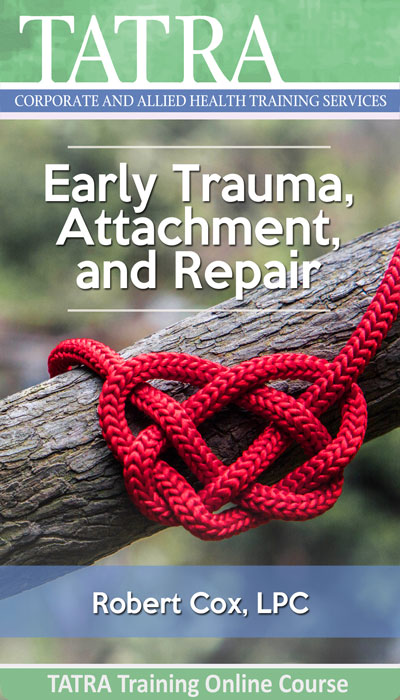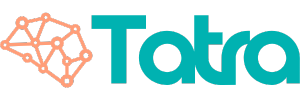09 Jul Early Trauma, Attachment, and Repair
Course Content

This course will focus on how trauma affects development of the brain and what that means for early attachment and attunement issues. We will look at trauma and the neuroscience of development, how trauma interferes with our ability to connect in a healthy way, and what we know about brain plasticity and how it can be used to heal psychological trauma. You will be given real world examples in addition to learning new techniques for working with the plasticity of the brain to begin repair.
In this engaging online recording, Robert Cox looks at the research, how the brain reacts to trauma and what this means in the real world for treatment. Using case examples and his own observation Robert has laid out a method and direction for treatment that is making a profound difference in the lives of the individuals he supports every day.
From families to schools to employment and individual struggles, Robert shares the methods that can bring lasting change to lives and often reduce or remove the necessity for expensive services.
Learn why traumatised clients can go into meltdown mode for seemingly no reason in seconds and how to slow that reactive process. Helping the individual to feel safe in a constantly assaultive and traumatic world can, and does, make all the difference.


a). Practice assessing trauma in children
b). State at least two resilience factors
c). Identify and apply methods to foster attachment and attunement
d). Name at least two specific methods in mindfulness and self-regulation to help children and adults begin repair work
e). Practice specific strategies to assist in learning and behavioral change in challenging cases
Target Audience:
The target audience for this event includes psychologists, licensed clinical social workers, licensed counselors, MFT’s, and other clinical mental health professionals.
Instructional Level: Intermediate


This online workshop will give you instant access to 5.5 hours of video content, accessible via streaming on our website, as well as downloads for supplemental materials. You can view the course content in your own time, there is no time limit on access.
Please click the green ‘Mark Complete’ button on each module as you progress.
A certificate of completion will be generated upon finishing the course and completing a short assessment quiz. If the certificate is not showing, please confirm you have marked all sections as ‘Complete’. Please consult your professional organisation/association to confirm whether you are able to claim any CPD points/hours for this online workshop.



